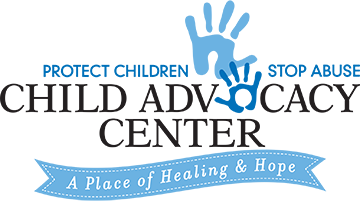
As a parent, the best way to protect your child from sexual abuse is to be their advocate. This includes asking questions at settings where your child spends time. You want to be sure that your child’s school, after-school group, place of worship, and other settings have taken steps to prevent predators having access to kids. This may sound intimidating. However, knowing what questions to ask can make this conversation easier.
Some questions you can ask the organization are:
What type of screening is in place for staff and volunteers?
Screening of potential staff and employees should be consistent and systematic. There should be a completed application for each candidate—even volunteers. What type of references are being requested and are each of those references contacted? Are personal interviews being conducted? What type of background check(s) are being utilized (local, state, national, and child abuse registry)?
What guidelines are in place for adult-child interactions and child-child interactions?
Sexual abuse usually occurs during isolated one-on-one interactions. In addition, 40% of sexual abuse is committed by older or more powerful youth. Does the organization have guidelines to minimize isolated one-on-one interactions? This should also apply to electronic communication. Does the organization prohibit or monitor contact outside of program activities? Are reasonable adult-to-child ratios in place? Are interactions observable and interruptible?
Has everyone in the organization received training on child abuse reporting laws for our state?
Properly training everyone builds accountability into the organization. Is the organization’s reporting policy distributed and available to all? Does it comply with state reporting laws? Does policy cover how staff and volunteers should handle suspicions of child abuse and policy violations?
What type of child abuse prevention training do staff and volunteers receive?
Are staff and volunteers trained on child abuse and neglect indicators and risks? Are they trained on the organization’s child protection policy and code of conduct? Does the organization provide child sexual abuse prevention training? What is the frequency of refresher training?
What supervision is in place in child-serving programs?
What required supervision is in place for children’s programs and monitoring of staff and volunteers?
Discussing these questions with an organization can go a long way towards helping to protect your kids and the children in their care. Most organizations who have a strong culture of safety will not mind answering these types of questions. And remember, you may be helping an organization who does not have some or all of these safety measures in place.
You can learn more about advocating for your kids by taking Stewards of Children sexual abuse prevention and response training. To schedule a session, contact the CAC for more information.
Kris Crim is the Prevention Director at the Memphis Child Advocacy Center. Kris is an authorized facilitator of the Stewards of Children sexual abuse prevention and response training created by Darkness to Light. He can be reached at kcrim@memphiscac.org.
